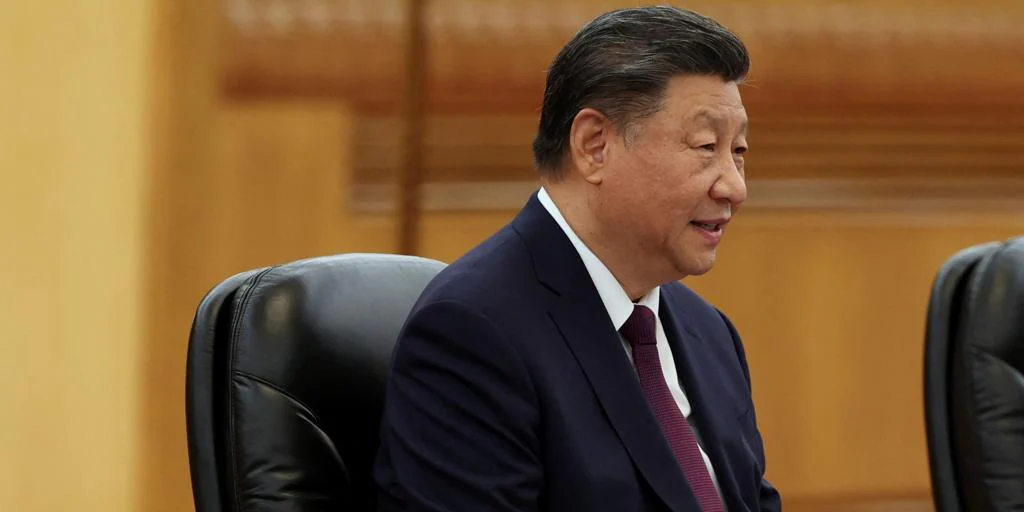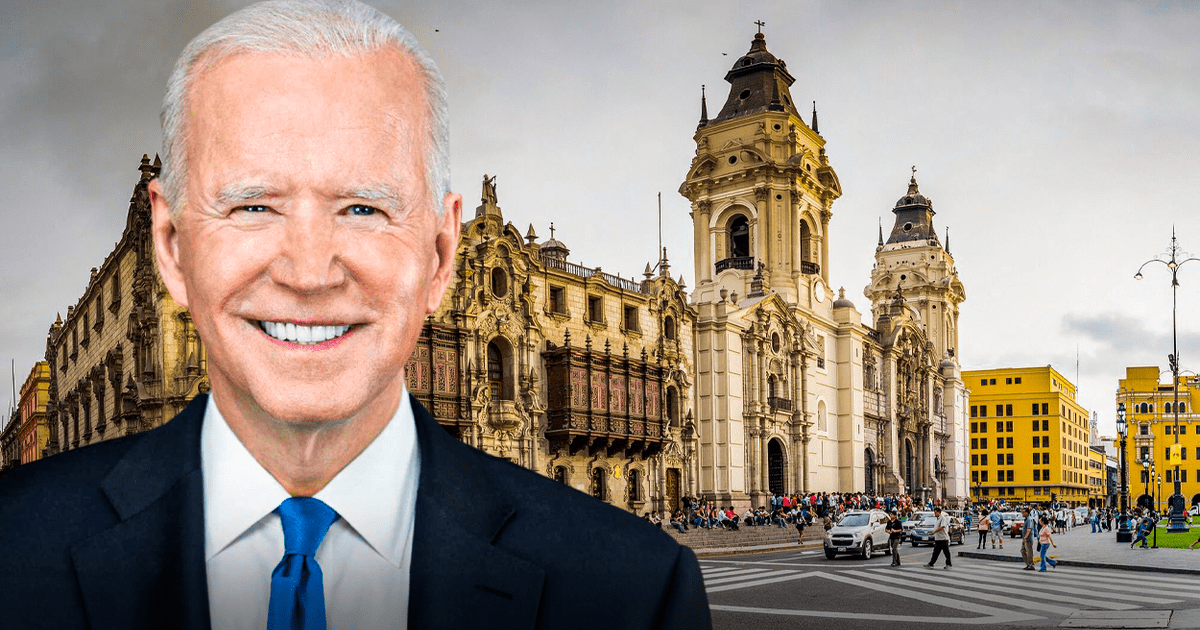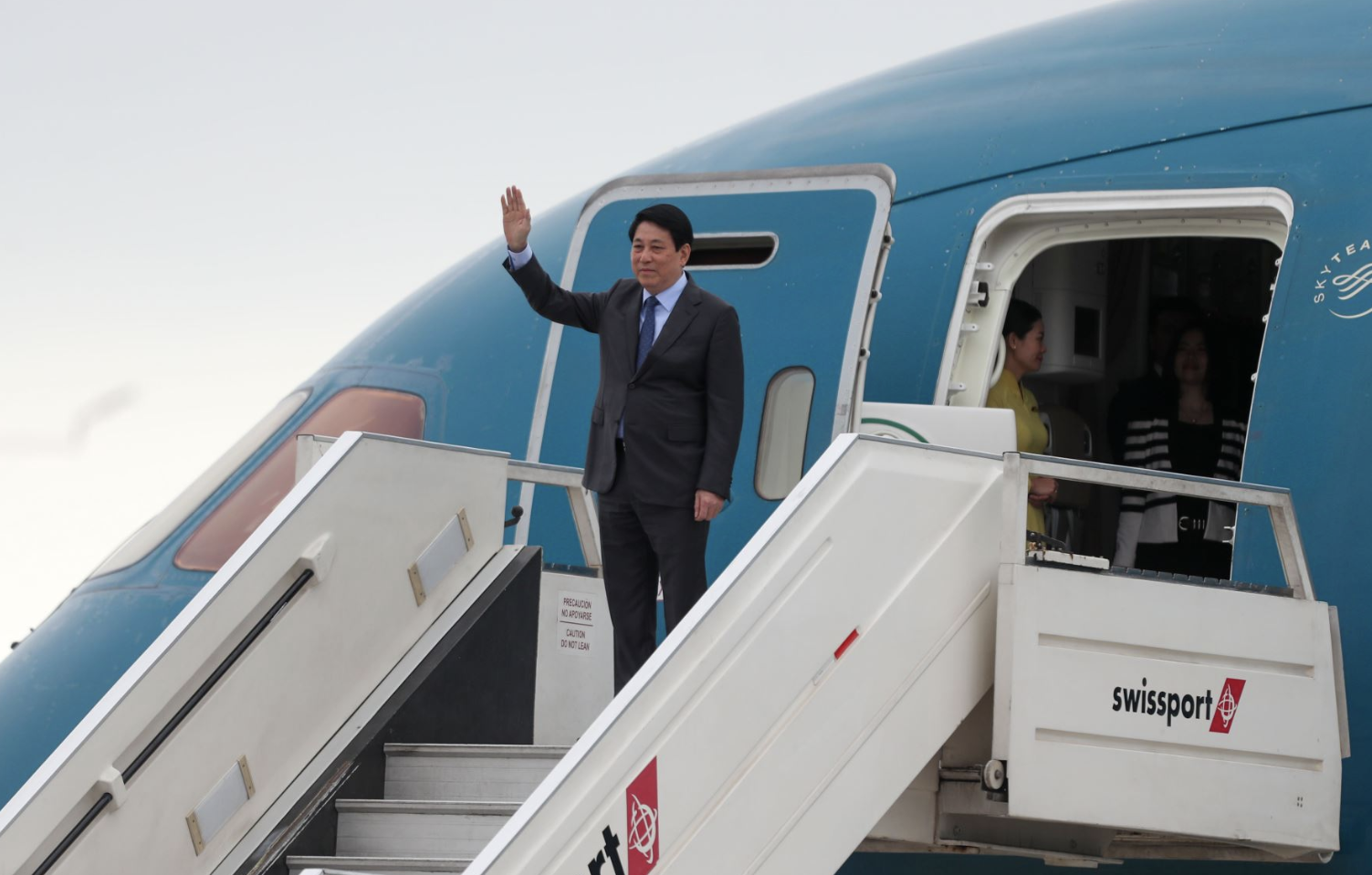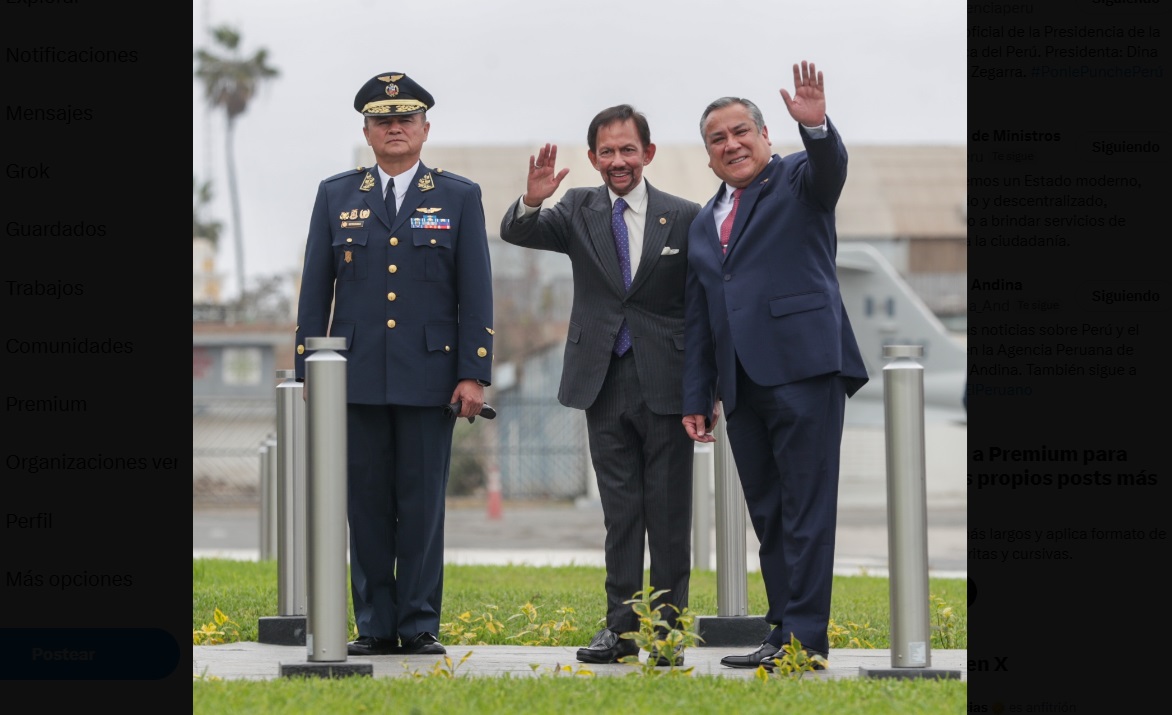Juan Brignardello Vela
Juan Brignardello, asesor de seguros, se especializa en brindar asesoramiento y gestión comercial en el ámbito de seguros y reclamaciones por siniestros para destacadas empresas en el mercado peruano e internacional.




The Chinese president Xi Jinping will begin his journey to Peru with a significant stop in Gran Canaria, where his visit is expected to generate great interest both in the local community and in international media. Upon his arrival on the island, scheduled for Wednesday afternoon, the leader will be welcomed by Canary Island authorities, including the President of the Government of the Canary Islands, Fernando Clavijo, and the President of the Gran Canaria Cabildo, Antonio Morales. This is Xi's third visit to the Canary Islands in the past eight years, underscoring the importance that Beijing places on this region of the Atlantic. Xi Jinping will stay at the luxurious Hotel Santa Catalina, an iconic establishment that has hosted numerous personalities throughout its history. The choice of this hotel not only aims at the comfort of the leader but also reinforces Gran Canaria's image as a prestigious destination in international tourism. His agenda highlights a visit to the historic neighborhood of Vegueta, where the Casa de Colón is located, a museum that pays tribute to the figure of the Genoese navigator and his connection to the archipelago. The Casa de Colón is a symbolic space that represents the intersection between Europe and America, a fact that will not go unnoticed during Xi's visit. This cultural stop can be interpreted as a way to strengthen ties between China and the Hispanic world, at a time when diplomatic and commercial relations are becoming increasingly relevant. The choice of this museum also underscores China's interest in the history and culture of countries influenced by exploration and colonization. After his brief but significant stay in Gran Canaria, Xi Jinping will continue his journey to Peru to participate in the Asia-Pacific Economic Cooperation (APEC) summit. This event brings together economies that represent more than one-third of the world's population and nearly 54% of global Gross Domestic Product (GDP). The summit becomes a crucial platform to address issues of trade, investment, and economic cooperation among its members. It is anticipated that Xi will hold bilateral meetings with international leaders, including the outgoing President of the United States, Joe Biden, and the prime ministers of Japan and South Korea. These meetings are seen as strategic opportunities to reinforce China's influence on the global stage, especially in a context of growing geopolitical competition. Xi's trip to Peru also includes a state visit and the signing of a protocol to optimize the Free Trade Agreement with the South American country. This agreement, which updates the original treaty from 2009, is a clear indication of China's interest in strengthening its trade ties with Latin America, a region that has gained relevance in Beijing's economic expansion plans. After the APEC summit, the Chinese president will head to Brazil to participate in the nineteenth G20 Leaders' Summit in Rio de Janeiro. During this stage of his trip, Xi will continue to promote his vision of a more interconnected and supportive world, a message that has resonated strongly amid economic uncertainty and geopolitical conflicts affecting the planet. The Chinese press has emphasized that this tour by Xi symbolizes China's pursuit of solidarity with the Global South. At a time when many nations face complex challenges, Beijing's leadership presents itself as a source of certainty and stability, something that the international community observes with interest. In summary, Xi Jinping's visit to Gran Canaria is not only a diplomatic gesture but also an opportunity to highlight the importance of relations between China and Spain, as well as with the rest of Latin America. The Chinese leader's stop in the Canary Islands becomes a turning point in the dynamics of cooperation that are unfolding on a global scale, promising a future where connections between East and West are further strengthened.
Inauguration Of The Port Of Chancay: A Milestone In Infrastructure And Global Security.

The Lack Of Water Will Result In Losses Of S/ 250 Million.

Tax Incentives Exceeded S/ 100 Billion In The Last Five Years: What Are They Made Up Of?






